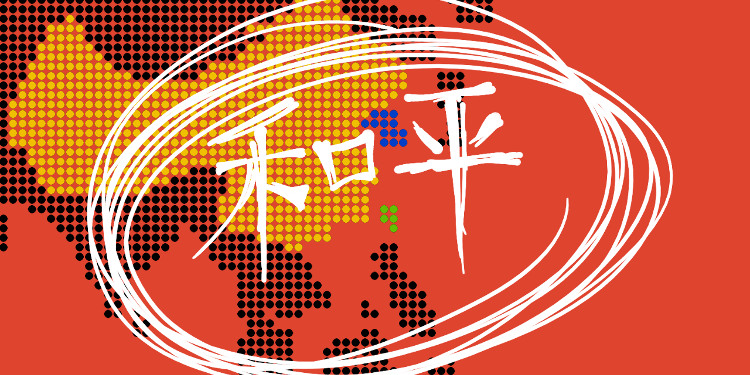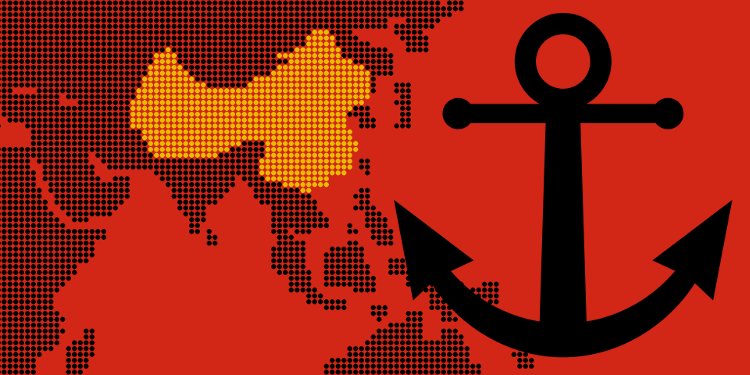The news would have us think that China’s reverse-engineered copy of a Soviet-made diesel aircraft carrier is nuclear-powered and in full commission. It’s not. It’s simply being towed from one construction site to another. But, it is another milestone step in progress and the West needs to pay close attention. With all the excitement over Korean nukes, China obtaining its own aircraft carriers is a bigger step and a bigger threat to China’s neighbors. Heads are turning in Japan and India.
Trump’s “bromance” with China’s President Xi isn’t without precedent. The two are smart. Trump is less-controlled by the big political class. No matter how much Xi may want to resolve peace, any deal he makes with Trump must be pleasing to the Communist Party of China. Perhaps some success with Trump on the Kim dynasty in Korea will help Xi persuade the old boys club in China. But, that would be a first. Old school Chinese don’t like to learn new tricks.
Eventually, Korea will make major steps toward becoming one nation. Then, the US and China will change colors in the South Sea. Both sides will have gotten what they wanted: a stable Korean Peninsula. But, when the conflict in the West Pacific erupts, all bets will be off. It won’t be America who betrays first, the Chinese will make their move after they have their excuse. The ongoing US relationship with Taiwan may be that excuse. And, in the minds of the Chinese, the US will have been wrong.
Xi and Trump will become like old generals who know each other from battle field just as well as from the tea time table. No matter how much conflict they have, they will always be grateful for their cooperation in Korea. That’s what mature generals do. And, that is the current leadership at both ends of the Pacific.


